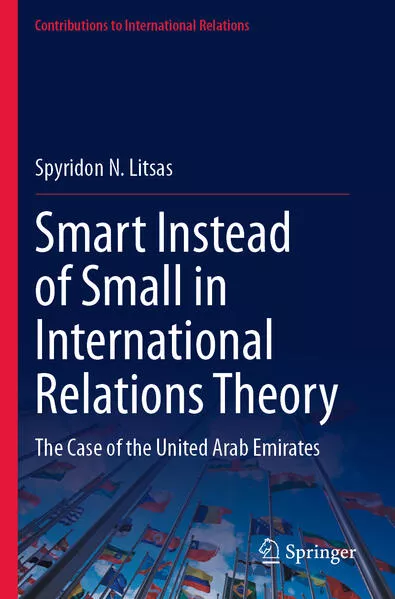
- Publikationen ca: 3
- Fragen & Antworten
Spyridon N. Litsas
Smart Instead of Small in International Relations Theory
Small States theory supports the argument that small international actors have a vital role in the international system. After 9/11, it emerged as a more focused attempt to show that 'small' can be 'attractive and functional' in an era of normative political and religious radicalism.
Smart Instead of Small in International Relations Theory
Small States theory supports the argument that small international actors have a vital role in the international system. After 9/11, it emerged as a more focused attempt to show that 'small' can be 'attractive and functional' in an era of normative political and religious radicalism.
Smart Instead of Small in International Relations Theory
Small States theory supports the argument that small international actors have a vital role in the international system. After 9/11, it emerged as a more focused attempt to show that 'small' can be 'attractive and functional' in an era of normative political and religious radicalism.


